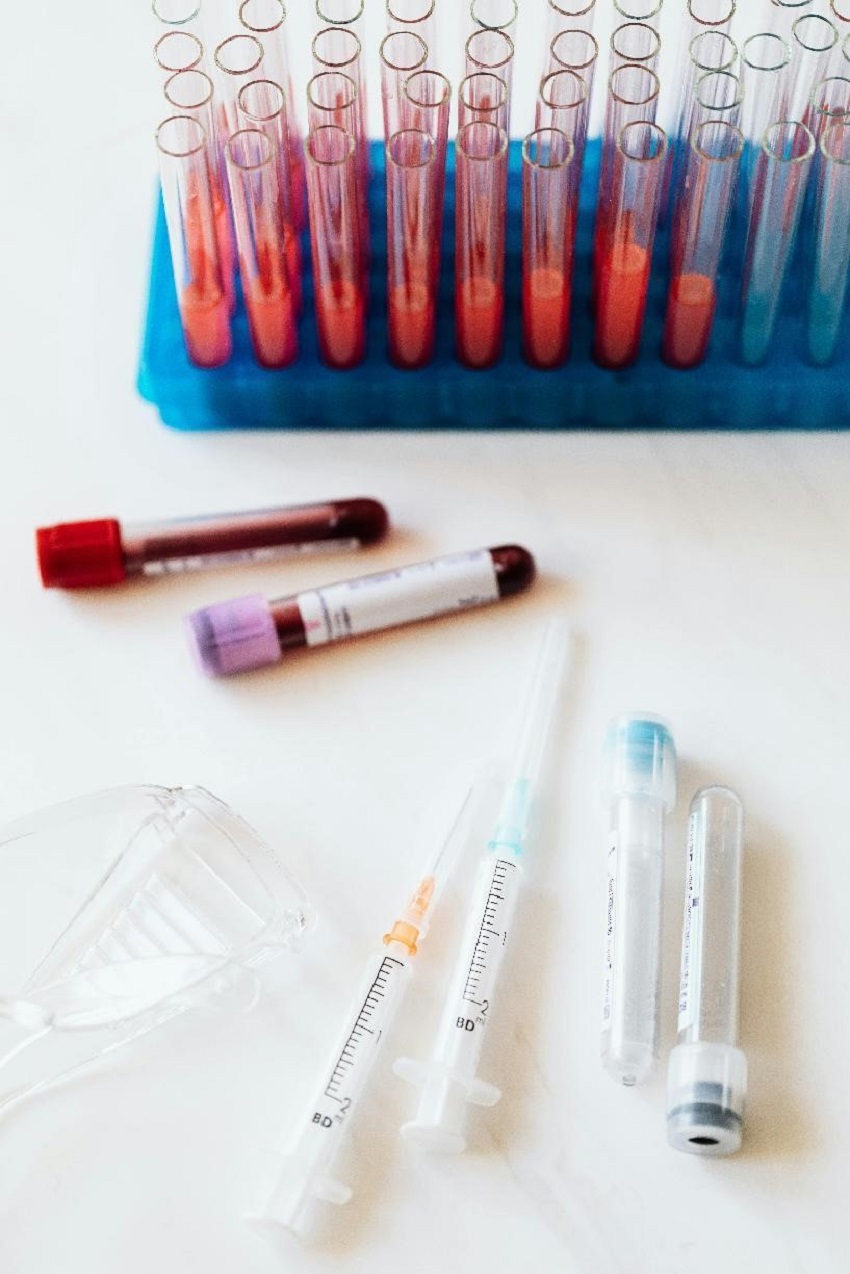Hello! I'm delighted to provide you with exclusive one-on-one consultation.
How can I assist you?
What is the process and cost of egg freezing?


If you are considering egg freezing or IVF, you may have come across the term AMH (Anti-Müllerian Hormone). AMH is an effective biomarker for assessing ovarian reserve, especially in the field of assisted reproduction. For women who wish to understand their fertility potential, AMH testing provides valuable insights and helps determine whether further fertility planning measures are necessary.
AMH test results are usually expressed in ng/ml, and the levels directly reflect the number of remaining eggs in the ovaries. For most Chinese women, AMH levels peak around the age of 18 and then gradually decline with age. After 40, AMH levels typically drop significantly. When the level falls below 1.5, it indicates a decline in ovarian reserve, and levels below 0.07 suggest a significant decrease in ovarian function.
However, AMH is not the only factor determining the chances of pregnancy. Even with low AMH levels, women may still obtain high-quality eggs and achieve pregnancy through technologies such as IVF. It is important to note that ovarian function decline is irreversible, so early testing and planning are crucial.
In addition to evaluating ovarian function, AMH is also important in the following contexts:
1. Assisted Reproductive Evaluation: AMH testing helps assess how well a woman might respond to ovarian stimulation drugs during IVF, aiding doctors in developing a personalized treatment plan.
2. Diagnosing Polycystic Ovary Syndrome (PCOS): Women with PCOS tend to have higher AMH levels, making AMH testing a useful tool for diagnosing PCOS.
3. Predicting Menopause: The rate of AMH decline is closely related to the timing of menopause, and doctors can use test results to predict when menopause will occur.
4. Diagnosing Premature Ovarian Failure: In young women, a significantly low AMH level may indicate premature ovarian failure, requiring prompt fertility action.
Notably, AMH tests can be performed on any day and are not affected by the menstrual cycle or hormonal medications, making it a convenient tool for fertility assessment.
Low AMH levels often suggest a decrease in ovarian reserve, but they do not completely block the possibility of fertility. For women with low AMH, modern reproductive technologies still offer a path to pregnancy. We specifically consulted Dr. Nathan Zhang, founder of IVF USA, who explained that when AMH levels are around 0.68, pregnancy through IVF remains possible, although lower levels may affect success rates. Therefore, Dr. Zhang advises that such patients consider embryo freezing and use PGS (preimplantation genetic screening) to select healthy embryos for transfer, thereby increasing the chances of a successful pregnancy.
For women who are not currently planning to conceive but wish to preserve their fertility, egg freezing is a viable option. Freezing eggs before AMH begins to decline provides additional security for future pregnancies. Through IVF USA's egg freezing services, women can freeze their eggs and, at a later time, undergo IVF when ready, minimizing the impact of age on egg quality.

IVF USA currently offers services such as egg freezing and IVF in the U.S., and has expanded to provide services in Japan, Thailand, Mexico, Taiwan, Hong Kong, and other regions, collaborating closely with top IVF doctors globally. If you are concerned about your AMH levels or want to learn more about IVF, egg freezing, and other assisted reproductive technologies, feel free to contact IVF USA. Whether you are considering egg freezing or already planning for IVF, we will be there with you every step of the way.


Online Customer Service

In-Vitro Fertilization (IVF)

Female Egg Freezing

Fertility Assessment

Scan for Consultation

Back to Top